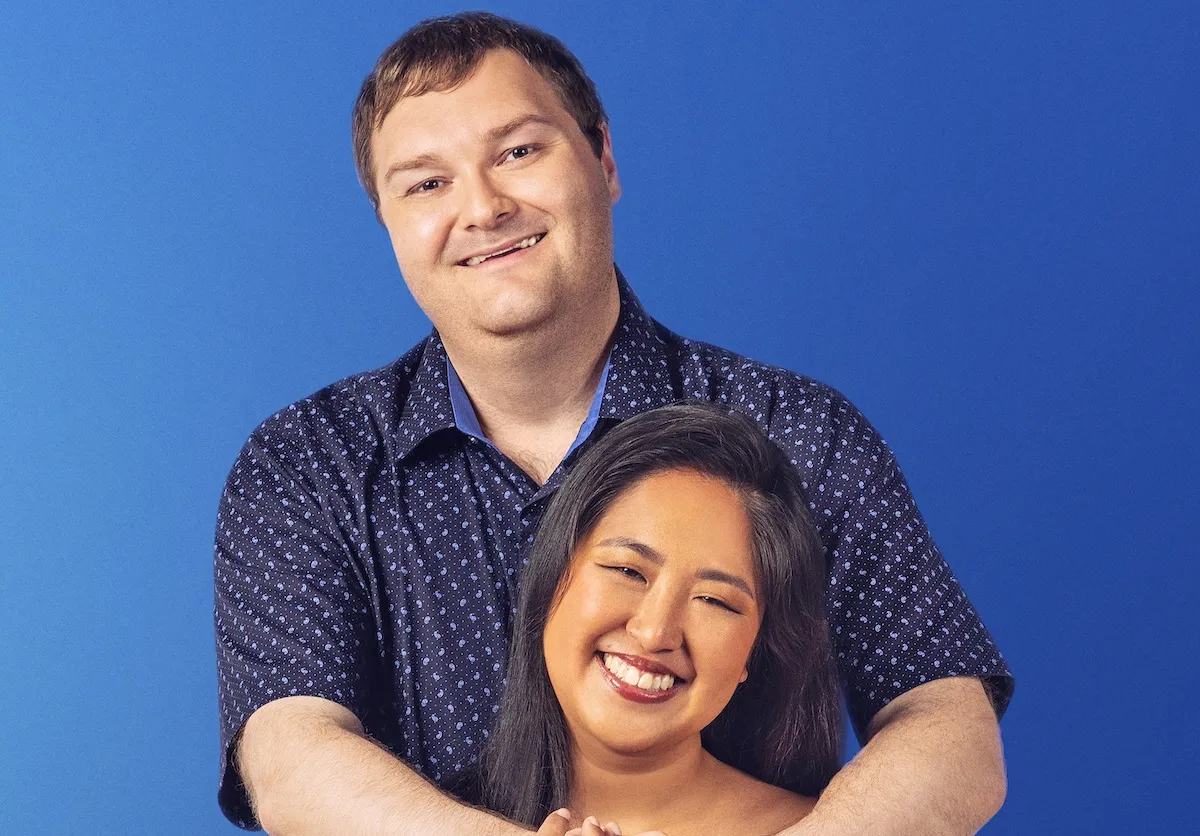‘Friends’ Star David Schwimmer Explains Why Show Was ‘Groundbreaking’ In Its Times
Even though the 25th anniversary of Friends has already occurred in 2019, there’s still a lot to analyze about the show based on the length of its run and its continued relevance. It’s easy to overlook a few things based on hype and the more on-the-surface references to the series on social media.
When looking a little deeper, one begins to realize how groundbreaking the series was, something noted recently by David Schwimmer. While it’s been noted his Ross character is one of the most despicable characters in TV history, Schwimmer himself is a very insightful person about what Friends means in pop culture.
According to him, it might have been the single most influential show of its time that set up more inclusive storytelling for sitcoms to follow. Is he right, or is it just revisionist hyperbole?
David Schwimmer recently said he pushed for more inclusion

In an interview with The Guardian, Schwimmer talked about the groundbreaking aspects of Friends. During the run of the show, he pushed the producers to include more women of color as Ross’s girlfriends.
Despite Ross getting with Rachel (Jennifer Aniston) in the end — after ten seasons of an on-again-off-again relationship — let’s not forget Ross dated occasionally dated women of color. Notably, he dated an Asian woman named Julie in Season 2, played by Chinese-American actress Lauren Tom, and was caught in a love triangle with an African American woman named Charlie, played by comedian Aisha Tyler, in Season 9. Gabrielle Union even made a brief appearance as a love interest for Ross and Joey (Matt LeBlanc).
“I was well aware of the lack of diversity and I campaigned for years to have Ross date women of color,” Schwimmer told The Guardian. “One of the first girlfriends I had on the show was an Asian-American woman, and later I dated African-American women.”
Now fans can give Schwimmer the credit for making this a reality, something that otherwise might not have happened without him speaking up. Considering Friends still gains criticism for making all the main characters in the apartment white — all the main characters overwhelmingly dated Caucasian characters, too — at least there was some inclusion all too swiftly forgotten.
“That was a very conscious push on my part,” Schwimmer said.
Along the way, there were other issues Friends managed to broach going beyond what even Seinfeld managed to do. It seems Seinfeld is the show getting most of the glory on taking things to the comedic edge.
In comparison, Friends took on subjects considered widely taboo in the 1990s. No sitcom before then (other than, arguably, All in the Family) was as frank about sexual situations, gays, transphobic problems, and even adoptions.
A look back to some of the subjects ‘Friends’ tackled
As Schwimmer notes in the above interview, there wasn’t a show before Friends dealing with sex so casually. They expanded on this in dealing with not only heteronormative sex but also similar situations between LGBTQ characters.
At the time of the original airings, there were jaw drops on how casual they made it, almost going beyond what Seinfeld had done in openly talking about embarrassing sexual scenarios. Since Friends managed to make talking about sex hilarious, NBC somehow let it become a new precedent.
It’s not to say they didn’t make mistakes along the way. If the criticisms of Friends not being diverse enough in the original casting is valid, they also threw in some jokes many take as insensitive nowadays.
Perhaps it’s better to look at those jokes in the context of the time and how the show had no choice just so they could add these subjects into the script.
Can the show be forgiven for its transphobic jokes?
One of the biggest criticisms of Friends now as it continues in the streaming universe is the old plot of Chandler’s father being transgender. Tackling this was already tricky at the time because no show had ever had a plot about a transgender person. No, not even Seinfeld did that.
Because of the plot, the show made some unfortunate transphobic jokes most people wince at today. For those who understand the time period, it might have been necessary just to get any mention of trans people in the plot lines.
“I don’t care,” Schwimmer told The Guardian of the criticism. “The truth is also that show was groundbreaking in its time for the way in which it handled so casually sex, protected sex, gay marriage and relationships. The pilot of the show was my character’s wife left him for a woman and there was a gay wedding, of my ex and her wife, that I attended.”
“I feel that a lot of the problem today in so many areas is that so little is taken in context,” he continued. “You have to look at it from the point of view of what the show was trying to do at the time. I’m the first person to say that maybe something was inappropriate or insensitive, but I feel like my barometer was pretty good at that time.”


